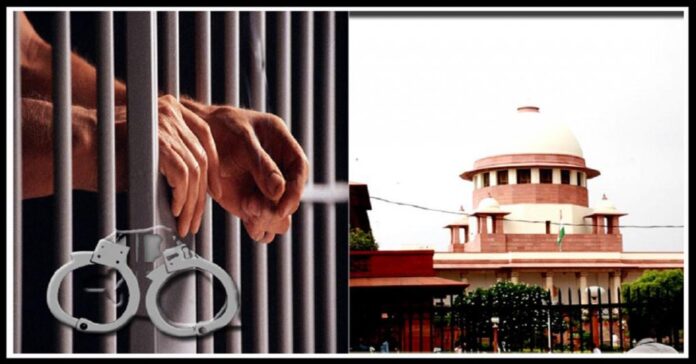In a recent legal development, the Supreme Court of India has criticized a High Court’s decision to impose a controversial condition for granting bail to an accused individual. The High Court had ruled that the accused could only secure bail if the victim of the alleged crime agreed to stand as a surety.
The Supreme Court described this condition as “absurd” and “impossible,” emphasizing that it effectively rendered the grant of bail impracticable and contradicted established legal principles. The bench, comprising Justices [Names], highlighted that such conditions undermine the purpose of bail, which is meant to balance the interests of justice and the rights of the accused pending trial.
Furthermore, the apex court underscored that conditions for bail must be reasonable and feasible for the accused to fulfill. Imposing conditions that hinge on the actions of parties who may not be willing or able to comply undermines the fundamental rights enshrined in the Constitution.
The case has sparked debate among legal experts regarding the discretion of High Courts in setting bail conditions and the need for consistency in judicial rulings across different jurisdictions. Critics argue that overly restrictive conditions can infringe upon the presumption of innocence and prolong the pretrial detention of individuals who have not been convicted of any crime.
This development serves as a reminder of the judiciary’s role in safeguarding fair trial rights and ensuring that judicial decisions uphold the principles of justice and equity.
For more updates on this case and other legal news, stay tuned to [Your Website Name] for insightful analysis and commentary.


